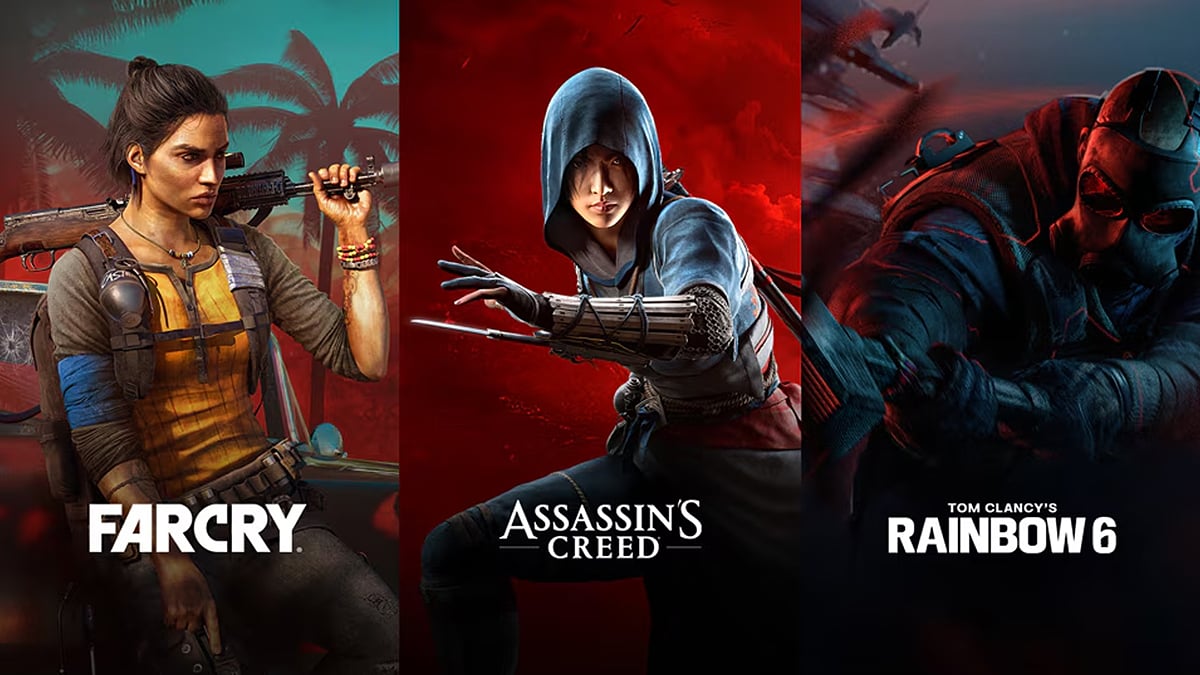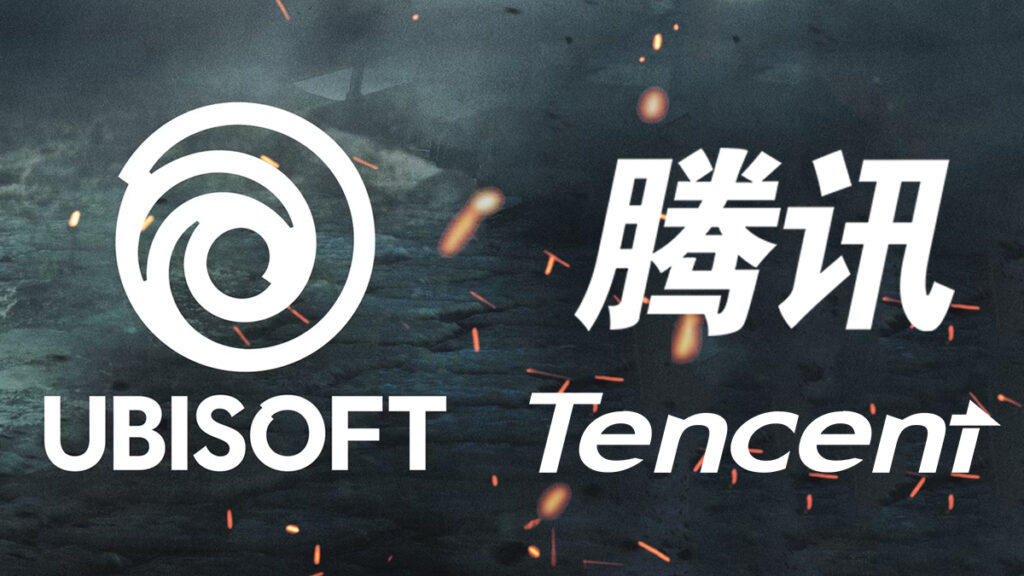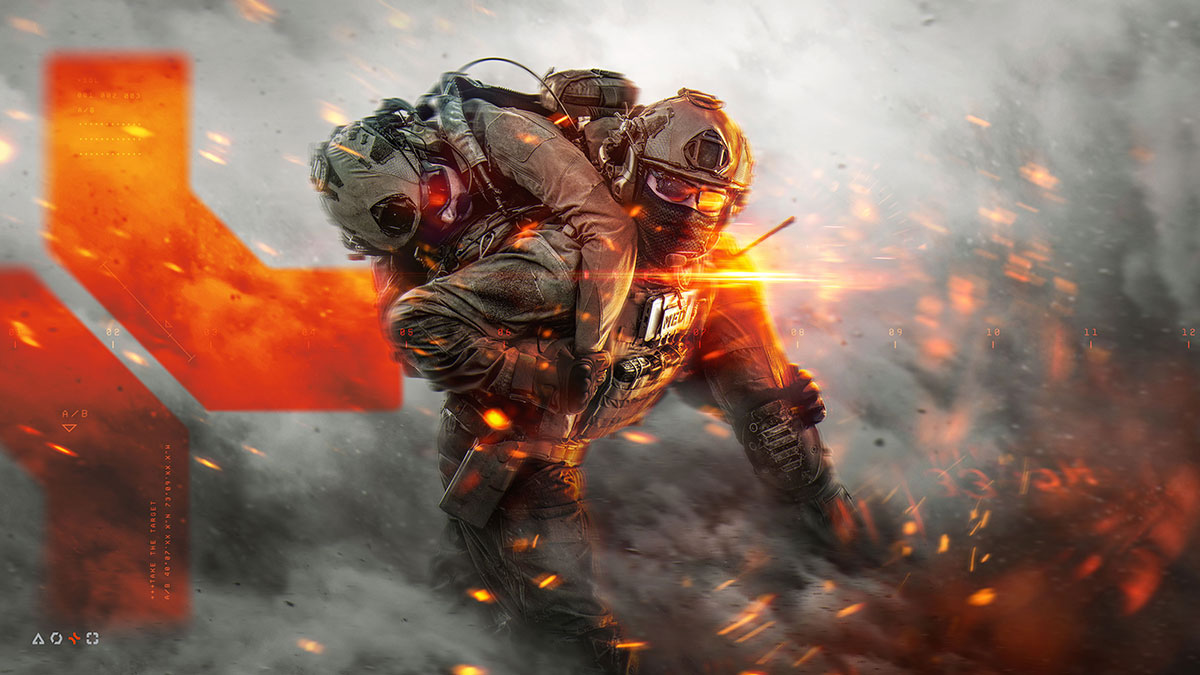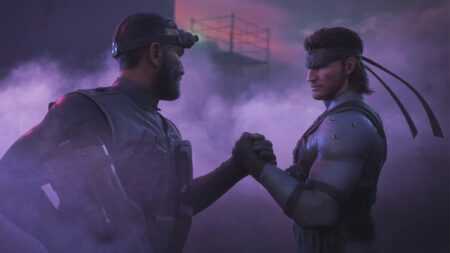Ubisoft has officially completed a €1.16 billion ($1.3 billion) cash investment from Tencent. The French gaming company calls it a ‘significant milestone’ in its transformation and long-term growth. On paper, getting a truckload of money does sound like a great way to strengthen its balance sheet. In practice, however, that investment is tied directly to a newly formed subsidiary, Vantage Studios. And that subsidiary happens to hold the franchises that still reliably print cash.
“I am very pleased to announce the closing of our strategic partnership with Tencent, which now becomes a minority shareholder in our new subsidiary, Vantage Studios,” said Ubisoft CEO Yves Guillemot in the announcement. “Today’s closing crystallizes the value of our world-class IPs and marks a pivotal milestone in Ubisoft’s ongoing transformation.”
Launched on October 1, 2025, Vantage Studios was built as part of Ubisoft’s ‘creative house,’ which houses the company’s three major IPs: Assassin’s Creed, Far Cry, and Rainbow Six. Teams from key Ubisoft offices — Montréal, Québec, Barcelona, Saguenay, Sherbrooke, and Sofia — were also consolidated under this new structure. This effort is said to foster ‘stronger creative vision, greater focus, efficiency, and autonomy.’

Now, thanks to that billion-dollar investment, Tencent owns 26.32% of that unit. Although the Chinese giant doesn’t own part of Ubisoft, it’s having a hand on the part responsible for the games that actually sell. It’s as if Nintendo created a new company just for Zelda, Mario, and Metroid and then gave 1/3 of control to Tencent. All the while keeping only lesser-known IPs like Chibi-Robo and Kid Icarus going forward.
Ubisoft insisted that Vantage Studios remains exclusively ‘controlled and consolidated’ by the company. But, arguably, what now remains under the central Ubisoft umbrella are experimental portfolios. That means whatever comes next after costly projects like Skull and Bones and XDefiant will be carrying more weight than ever. All while Ubisoft still supports 17,000 employees — after cutting 1,500 — and its most dependable franchises now operate under a partnership it doesn’t fully control.
The design of this ‘new operating model’ is said to be revealed in January next year. It may finally clarify how much autonomy Vantage Studios truly has — and how much influence Tencent actually holds. With ownership of Assassin’s Creed and Rainbow Six being split, two questions remain: who and what actually steer Ubisoft’s ship?








